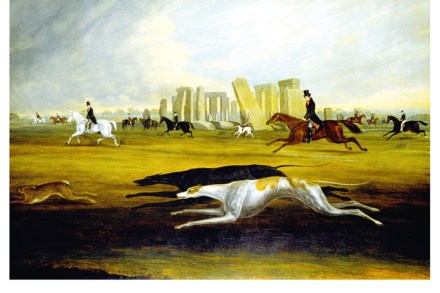Bookends: The showbiz Boris Johnson
Amiability can take you a long way in British public life. James Corden is no fool: he co-wrote and co-starred in three series of Gavin and Stacey, and wowed the National Theatre this summer with a barnstorming performance in One Man, Two Guvnors. But there’s no doubt that his Fat Lad Made Good persona, and his almost puppyish desire to please, have contributed to a popularity that other, more guarded performers can only envy. His memoir, May I Have Your Attention, Please? (Century, £18.99), has barrelled straight into the top ten bestsellers list. It has loads of energy and some good stories. But Corden is only 33. He simply hasn’t










